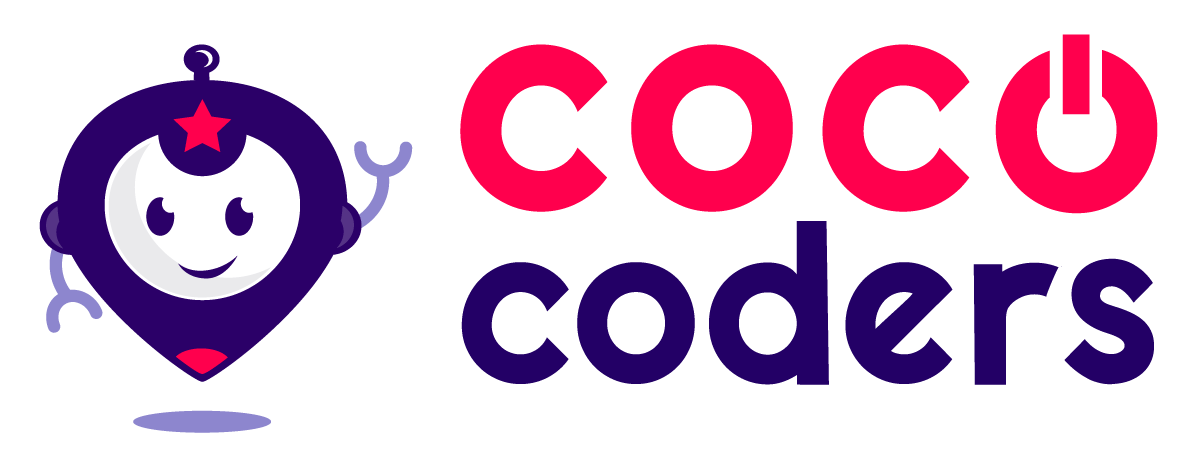What's a ‘variable’ in coding?
A variable in coding refers to a named storage container used to store and manage data within a computer program. Essentially, it's a symbolic name for a value that can be changed during the execution of the program. In programming, variables play a fundamental role, allowing developers to store different types of information, such as numbers, text, or complex data structures.
Here are some key characteristics of a variable:
Name: Each variable has a unique name, following specific naming conventions of the programming language being used. This name serves as an identifier for the data it holds.
Value: The value contained in a variable can be of various types, including integers, floating-point numbers, strings, booleans, arrays, objects, and more
Data Type: The data type associated with a variable determines the kind of operations that can be performed on it and how the computer interprets and processes the stored data.
Scope: Variables can have local or global scope, determining where they can be accessed and used within the program.
Mutability: Some programming languages allow variables to be changed after they are initially assigned (mutable), while others do not (immutable).
Understanding variables is fundamental in programming, as they facilitate the manipulation and organization of data, allowing for dynamic and efficient execution of code.

